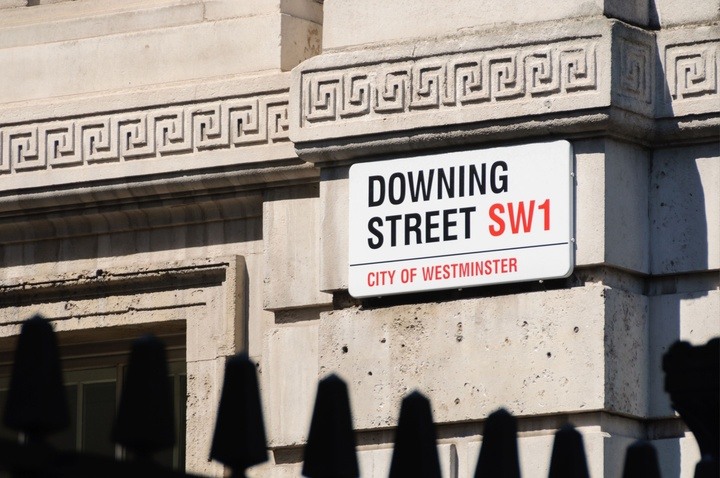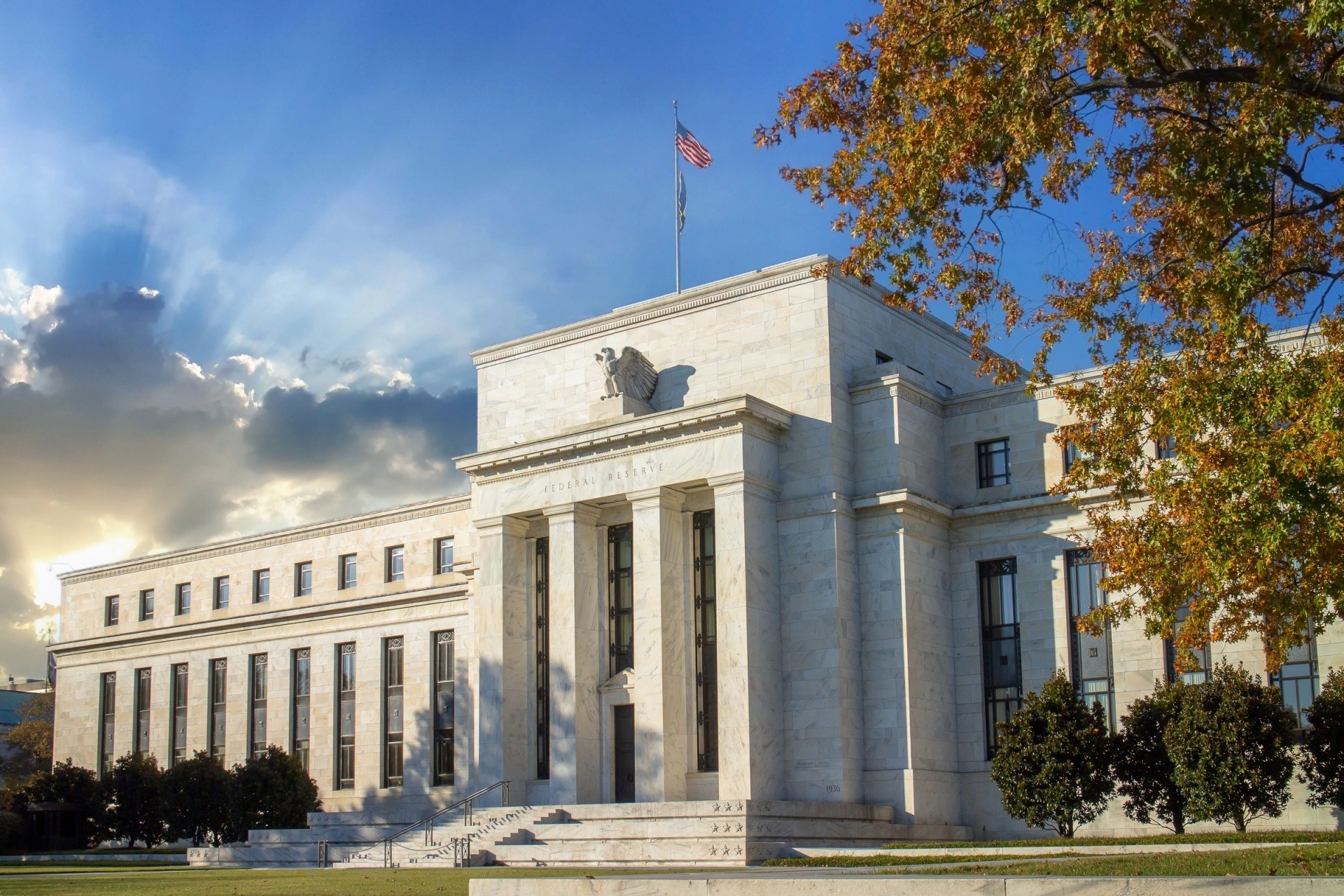Weekly Briefing: UK GDP Growth Stagnation, Q2 Economic Performance Insights, US Inflation Data & Recent Oil Price Decline
In this week's briefing, we explore UK GDP stagnation post-election, a Pitchbook report showcasing economic performance data for Q2 2024, and global trends in inflation and oil prices, highlighting their potential impacts on economic forecasts and policy adjustments.
UK Economy
Stagnation in the UK Economy Post-Election
- The UK economy remained stagnant in July 2024, failing to recover following Labour’s post-election win, according to data from the ONS. This marks the second consecutive month of zero growth, surprising analysts who had expected a modest 0.2% increase.
- Although there was 0.5% GDP growth in the three months leading to July, the recent slowdown highlights the challenges facing Chancellor Rachel Reeves as she navigates high interest rates and weak economic performance.
- Services, particularly computer programming and healthcare, were the only sector to show growth, while production fell by 0.8% and construction dropped by 0.4%, reflecting the mixed economic landscape.
- The Office for National Statistics noted that economic growth remains fragile, with sectors like manufacturing and construction underperforming, largely due to strike actions and weaker industrial activity.
- As a result of this economic stagnation, market expectations have risen that the Bank of England will cut interest rates again in September, following the previous reduction to 5% in August.
- "Two-quarters of positive economic growth does not make up for 14 years of stagnation," said Chancellor Rachel Reeves, acknowledging the scale of economic challenges ahead.
UK Market Performance Report For Q2 2024 (highlighting key VC and PE Updates)
- A recent report from PitchBook has highlighted key data reflecting on Q2 2024. UK GDP growing by 0.6% and inflation hitting the Bank of England’s 2% target are among the key metrics discussed.
- Also noted is, the FTSE 100’s surge by over 7.9% year-to-date, reflecting strong public equity markets, said to be driven by robust private equity (PE) buyout activity.
- Venture capital (VC) deal activity saw a resurgence, with £5.5 billion raised in Q2, mainly within AI and fintech sectors. While fundraising was below 2023 levels, this recovery in dealmaking pointed to growing investor confidence.
- The report also shows private equity experiencing a substantial increase in deal activity, with median buyout valuations jumping to £72.1 million. Noteworthy transactions included the £5.4 billion buyout of Hargreaves Lansdown and Darktrace’s £4.2 billion deal, signalling continued strength in the UK investment landscape.
- The report emphasised the launch of the government’s new National Wealth Fund, targeting £7.3 billion for green technology investments, is expected to drive significant growth in climate-related sectors, offering further support to VC-backed companies and private markets.
- The PitchBook report notes, “UK macroeconomic data points indicate a more constructive picture,” reflecting a positive shift in the economic outlook as inflation stabilises and growth continues.
Global Economy
US Inflation Decline and Federal Reserve's Expected Response (August 2024)
- In August 2024, US inflation fell to 2.5%, down from 2.9% in July, inching closer to the Federal Reserve’s 2% target. This improvement was slightly below economists’ forecast of 2.6%, reflecting ongoing efforts to control inflation.
- Core inflation, which excludes food and energy, remained at 3.2%, showing a slower rate of price increases across less volatile categories, yet indicating that underlying pressures still exist.
- Traders raised their bets on a 0.25% interest rate cut at the upcoming Federal Reserve meeting, with the probability of this move jumping from 70% to 85%. This is seen as part of the Fed’s shift from aggressive inflation control to supporting the labour market as inflation begins to ease.
- Financial markets were subdued in response to the news, with US stocks trading in a narrow range. The S&P 500 dipped 0.3%, while the Nasdaq Composite rose by just 0.1%, reflecting cautious optimism.
- Housing costs were the main driver of inflation in August, with the shelter index rising by 0.5%, despite falling energy prices and modest food price increases. This suggests housing remains a key factor in the inflation puzzle.
- "Disinflation is an imperfect journey but it’s certainly happening," remarked Kristina Hooper, chief global market strategist at Invesco, highlighting the gradual but steady progress towards lower inflation.
Oil Price Decline and Economic Optimism for 2025
- Global oil prices recently dropped below $70 per barrel, raising hopes for easing inflation across major economies, with forecasts from Citigroup and JPMorgan suggesting prices could fall further to $60 by 2025.
- This decline in oil prices is expected to further depress headline inflation, allowing central banks like the ECB and Federal Reserve to lower interest rates without risking economic instability.
- Experts, such as Christof Ruehl from Columbia University, emphasise that the fall in oil prices is a critical factor for central banks, helping reduce inflationary pressures and creating more room for policy easing.
- The reduction in energy costs is particularly beneficial for consumers, who may experience increased disposable income as fuel and energy prices fall, potentially helping to offset some effects of high borrowing costs and support consumer spending.
- While US and European economies are showing signs of weakness, the oil market remains robust, driven by an oversupply of crude, especially from American shale fields. This oversupply has kept prices low, despite OPEC+ production cuts.
- "The probability of pulling off a soft economic landing would increase — that applies to Europe as well as the US," noted Tim Drayson of Legal & General Investment Management, reflecting optimism that falling oil prices could help avoid a recession.
Final Note
This week’s briefing reflected a period of mixed economic signals and evolving challenges across both sides of the Atlantic
Stagnation in the UK’s economy, post-election, highlighted some ongoing difficulties, even as certain market segments showed promise. Despite some positive developments in venture capital and private equity deal activity, it is clear that the broader economic landscape is still showing signs of fluctuation.
Globally, the easing of inflation and the decline in oil prices brings a glimmer of optimism, yet the overall outlook remains cautious.
As we move forward, taking advantage of these emerging opportunities while navigating persistent challenges will be crucial in shaping a more stable and growth-focused investment portfolio, both in UK-based and global assets.
%20(3)%20(2).jpg)







